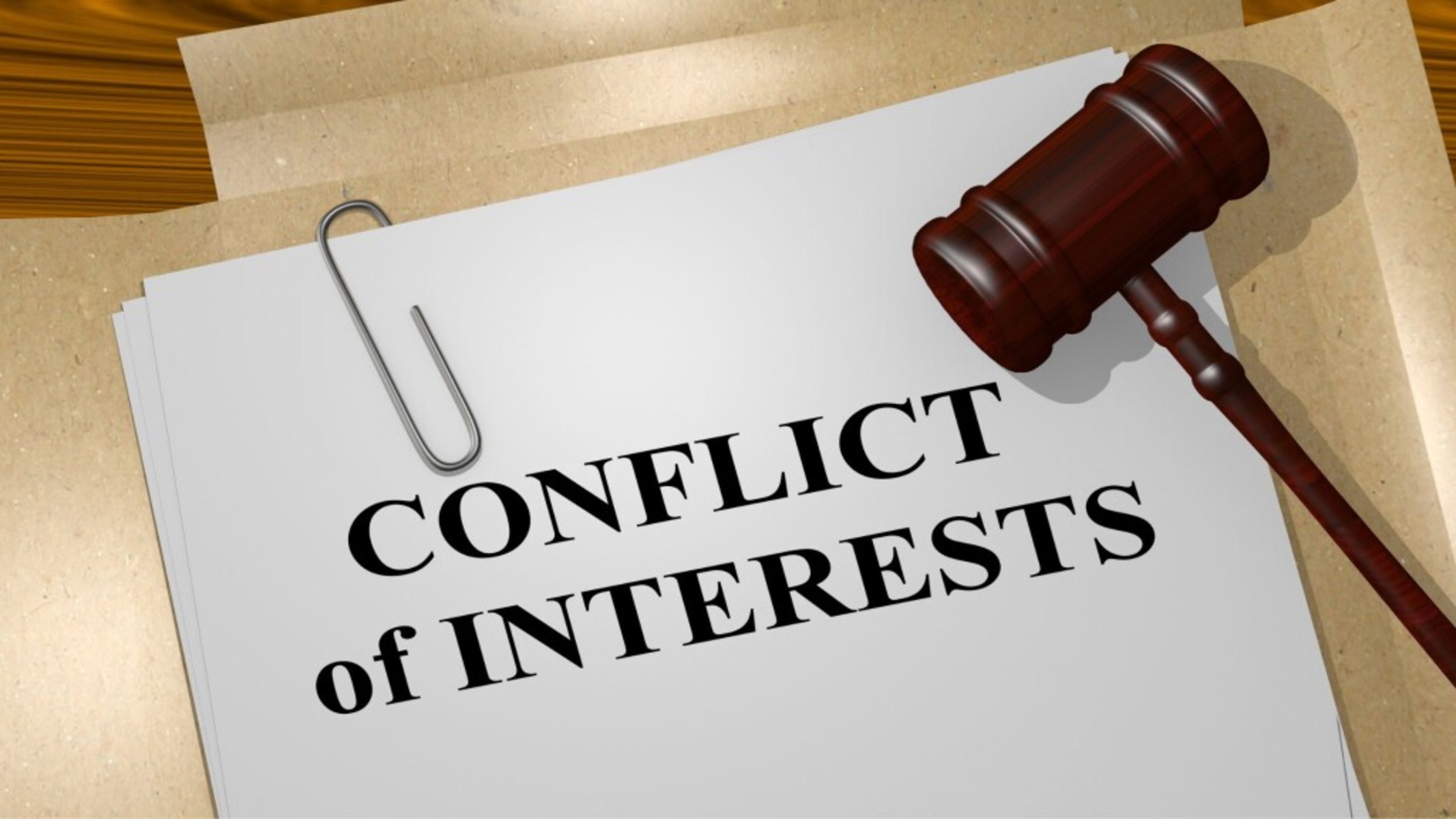Aptitude and Foundational Values for Civil Service, Integrity, Impartiality and Non-partisanship, Objectivity, Dedication to Public Service, Empathy, Tolerance and Compassion towards the weaker-sections.
In News:Madhabi Puri Buch |The regulator at the centre of a storm;
NGT judge hears case with son as amicus, advocate flags conflict of interest
What do you understand by the term ‘Conflict of Interest’? Describe how public servants can address this issue when performing official duties.
A conflict of interest occurs when a person’s personal interests or relationships potentially interfere with their ability to perform their official duties objectively and impartially.
Conflict of interest leads to
- Erosion of Trust: Conflicts of interest can undermine public confidence in officials, leading to scepticism about their integrity and decision-making.
- Impaired Judgement: Personal interests may compromise a public servant’s ability to make impartial decisions, affecting policy outcomes.
- Legal Consequences: Failure to manage conflicts can result in legal repercussions, including investigations and penalties.
- Inequitable Practices: Conflicts can foster nepotism and favouritism, leading to unfair treatment in hiring and contracting processes.
- Policy Bias: Decisions influenced by personal interests may prioritise private gain over public welfare, resulting in ineffective governance.
To mitigate the effects of conflicts of interest, public servants can adopt several strategies:
- By applying ethical principles from philosophers.:
- Utilitarianism: Prioritising decisions that maximise public welfare
- Kantian Ethics: Adhering to moral duties and universal principles
- Virtue Ethics: Cultivating virtues like honesty, fairness, and courage
- Social Contract Theory: Recognizing accountability to the public
- Gandhian Principles: Emphasising truth and spirit of service
- Disclosure: Public officials should disclose any potential conflicts of interest to relevant authorities to ensure transparency and accountability.For example, Central Vigilance Commission (CVC), encourages officials to disclose potential conflicts.
- Recusal: When a conflict of interest is identified, the official should recuse themselves from decision-making processes related to that conflict.Example:CJI Chandrachud recused from hearing contempt pleas against Kunal Kamra
- Training and Awareness: Regular training on ethical standards and conflict of interest policies can help public servants recognize and manage conflicts effectively.
- Clear Policies: Organisations should establish clear policies regarding conflicts of interest, including procedures for reporting and managing such conflicts.For example,The Indian Administrative Service (IAS) has guidelines that require officials to avoid situations that may lead to conflicts, such as engaging in business activities while in service.
- Oversight Mechanisms: Implementing robust oversight mechanisms can help monitor compliance with conflict of interest policies and ensure accountability. For example, the Lokpal in India is tasked with investigating corruption and conflicts of interest among public officials, providing a mechanism for accountability.
Conflicts of interest pose significant risks to the integrity and fairness of public administration. By disclosing potential conflicts, recusing themselves from compromised decisions, participating in ethics training, adhering to policies, ensuring transparency, and seeking guidance, public servants can manage and mitigate conflicts of interest.
| PYQ : Conflict of interest in the public sector arises when (a) official duties, (b) public interest, and (c) personal interest are taking priority one above the other. How can this conflict in administration be resolved? Describe with an example.2017Public servants are likely to confront with the issues of ‘Conflict of Interest’. What do you understand by the term ‘Conflict of Interest’ and how does it manifest in the decision making by public servants? If faced with the conflict of interest situation, how would you resolve it? Explain with the help of examples.2015What is meant by conflict of interest? Illustrate with examples, the difference between the actual and potential conflicts of interest. 2018 |
https://indianexpress.com/article/india/ngt-judge-hears-case-with-son-as-amicus-9568076/

